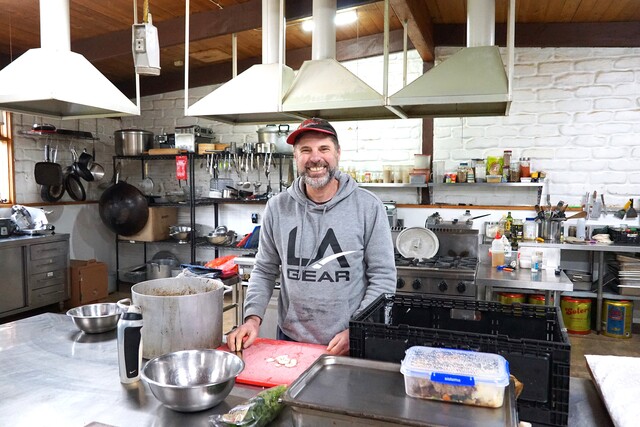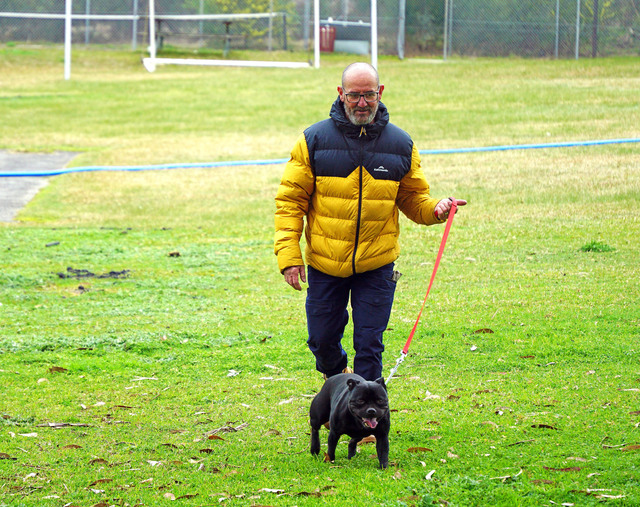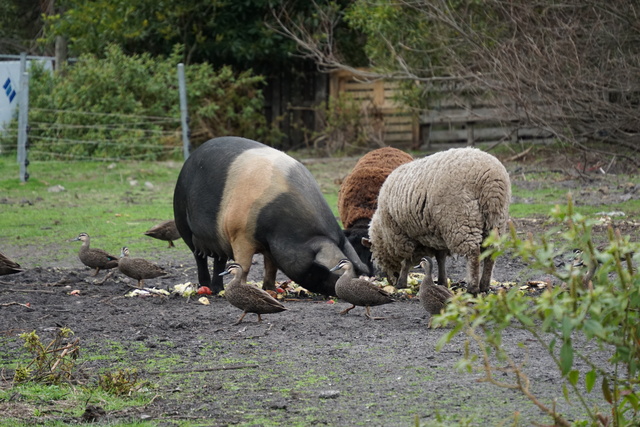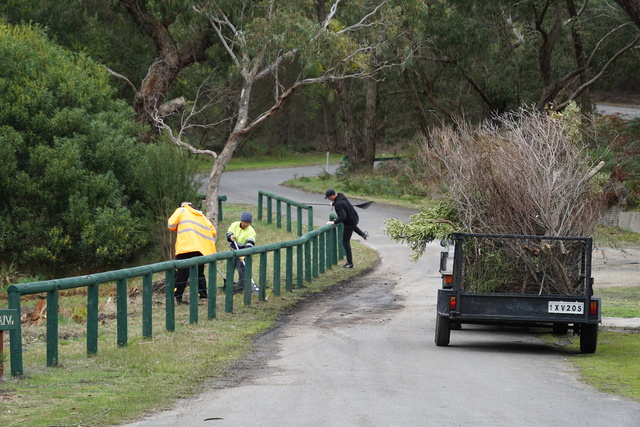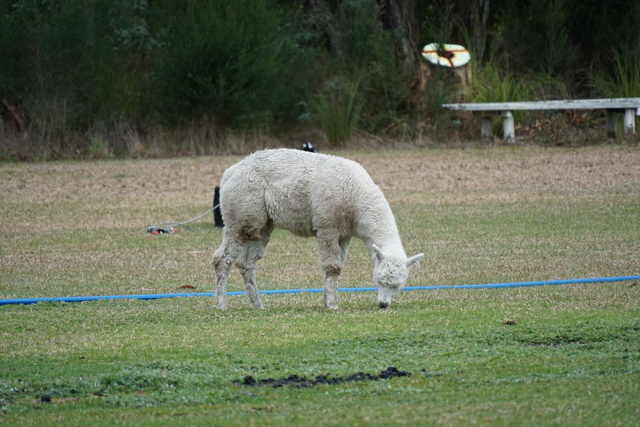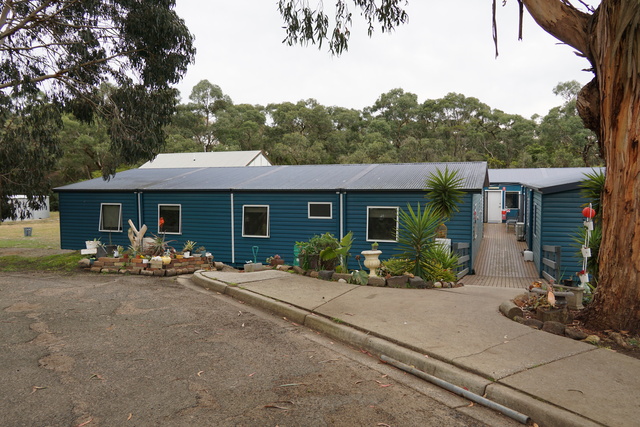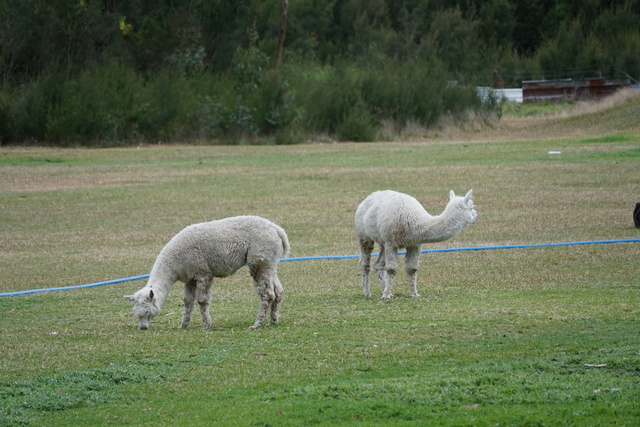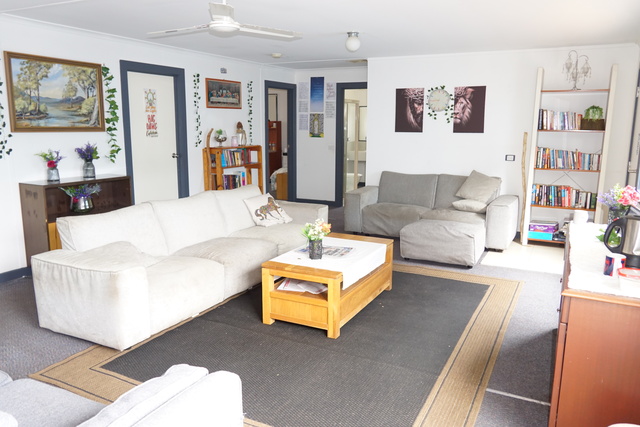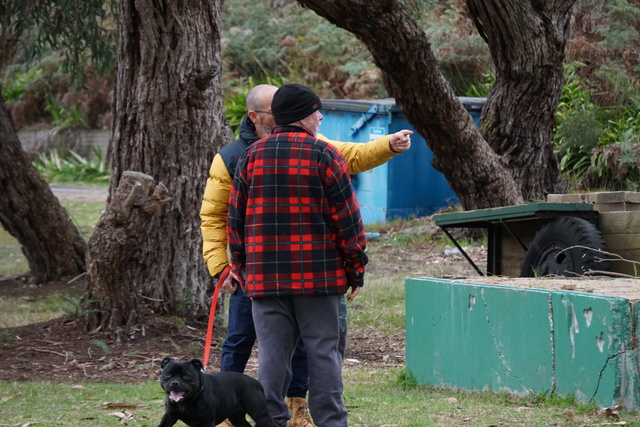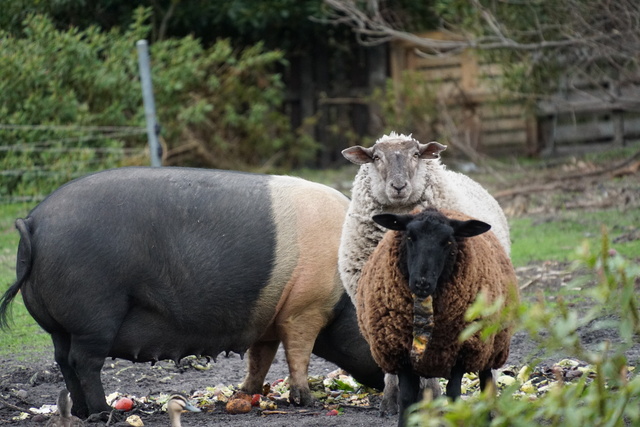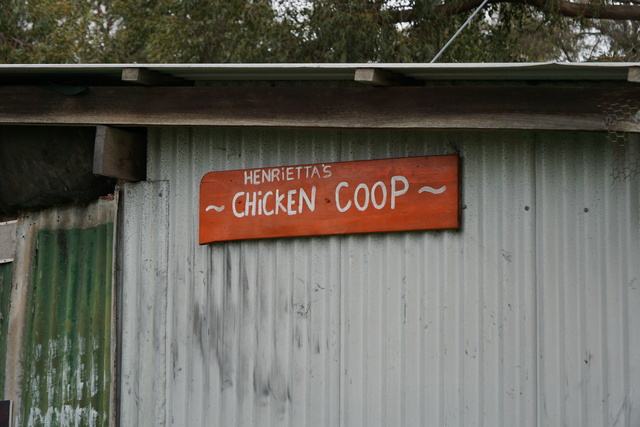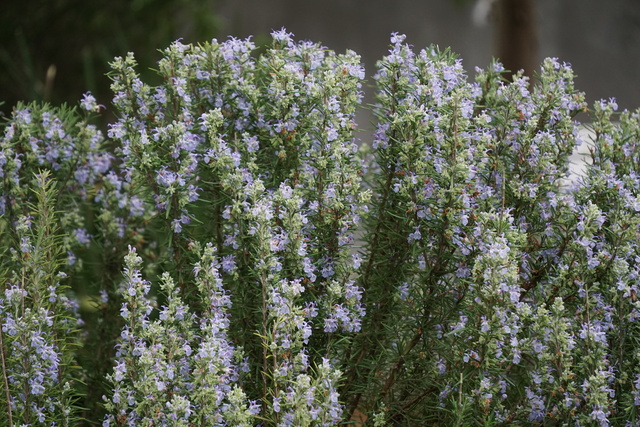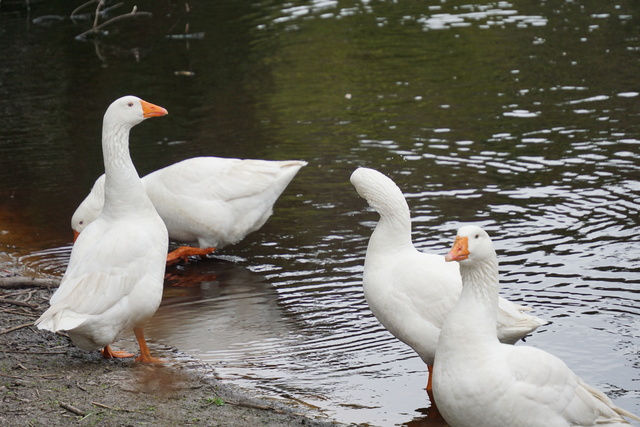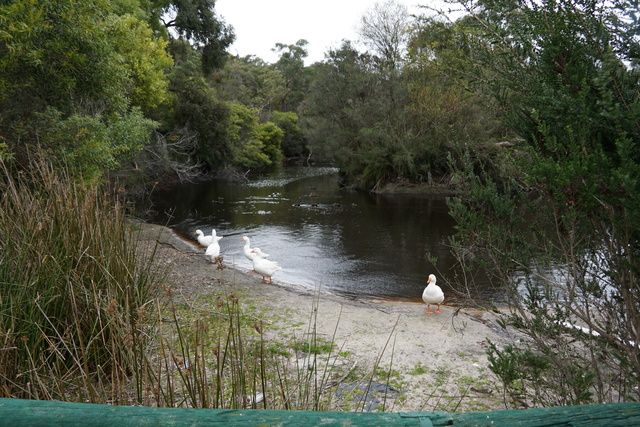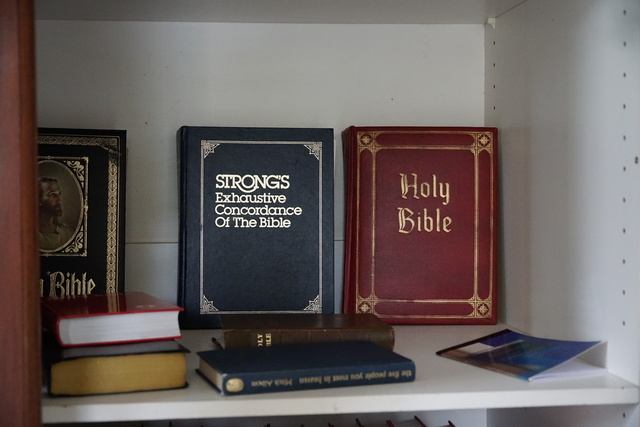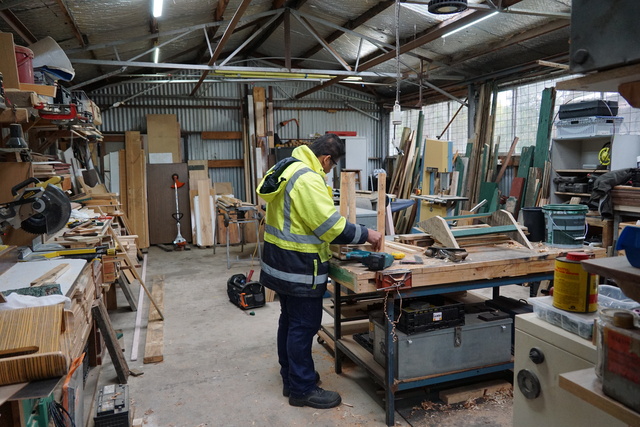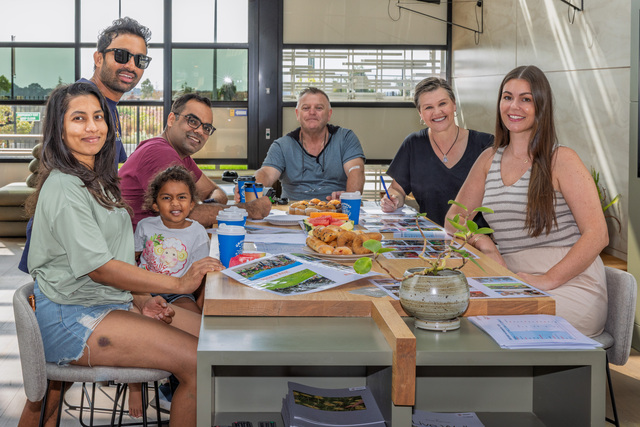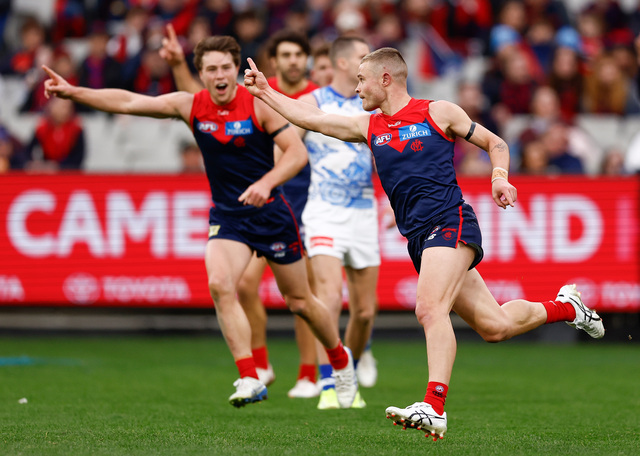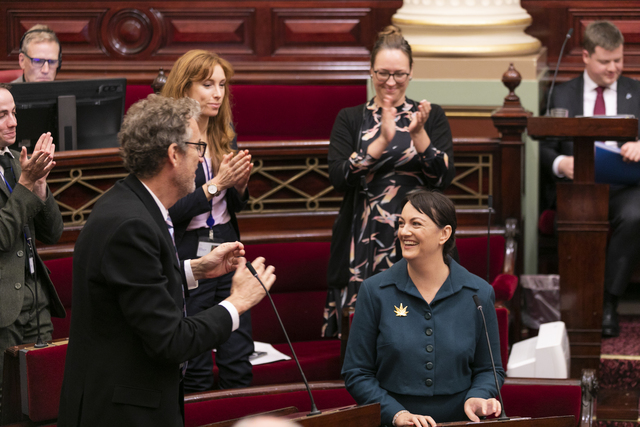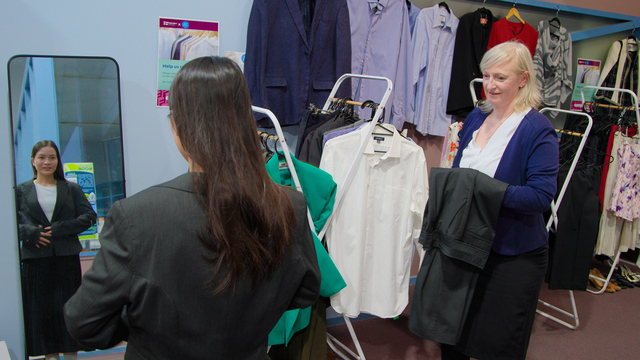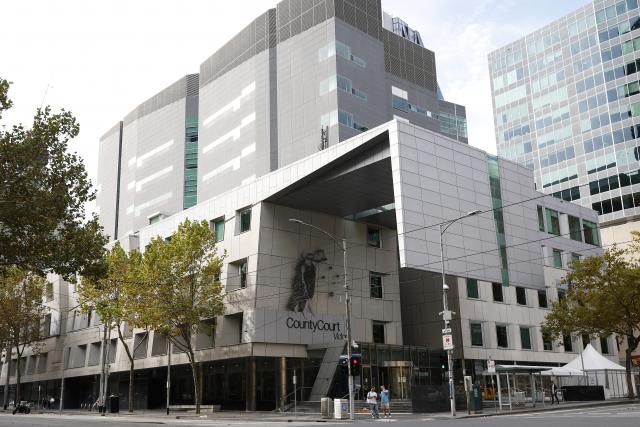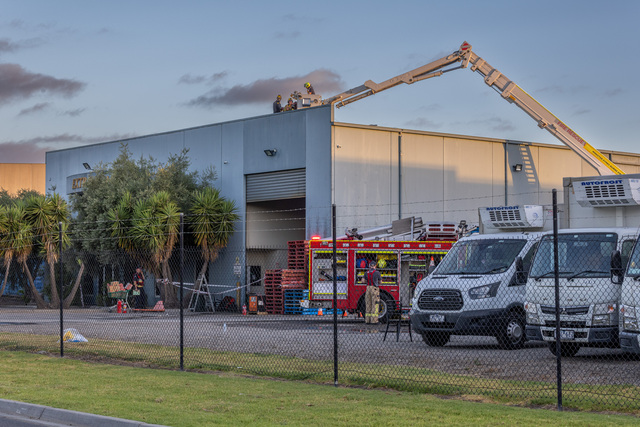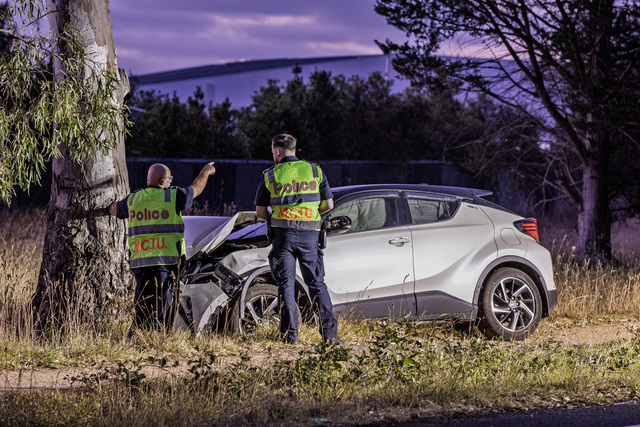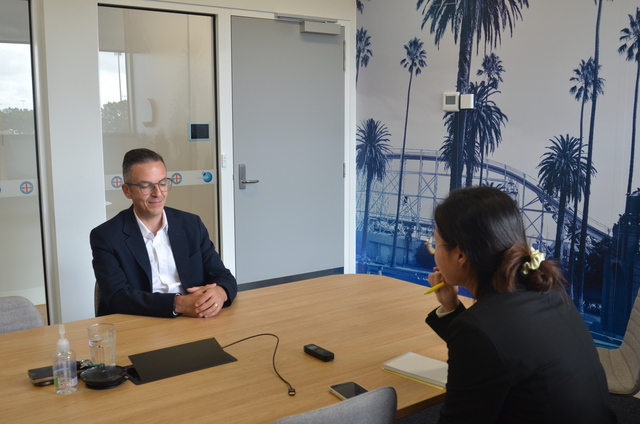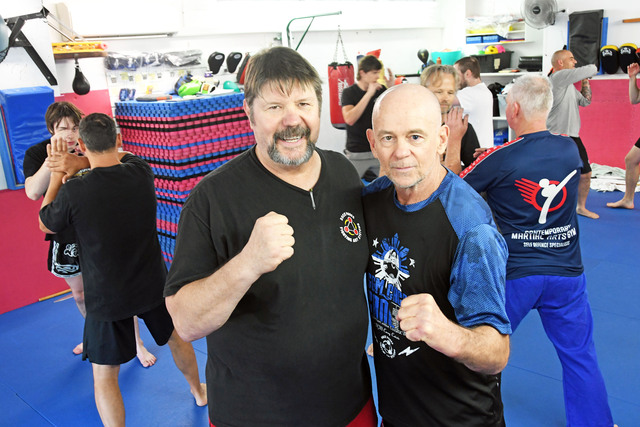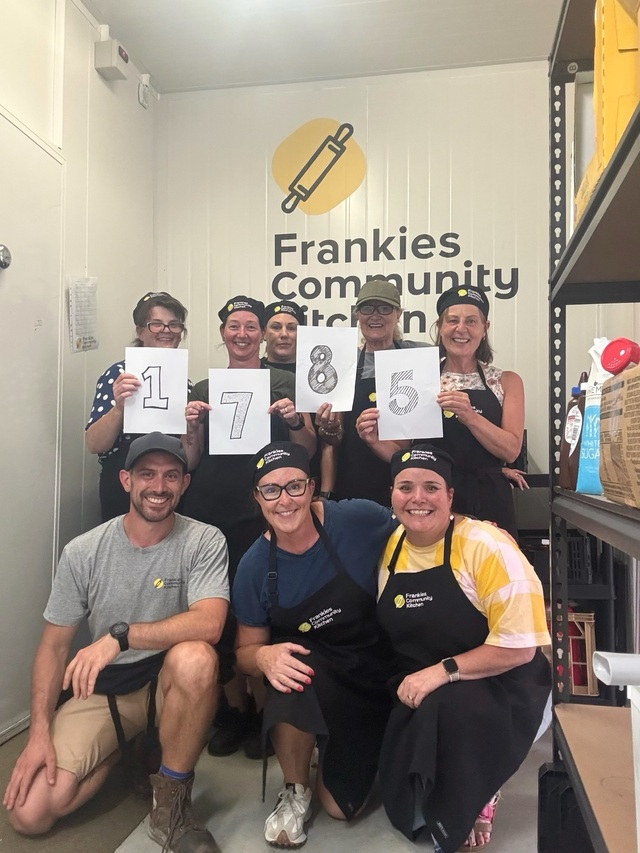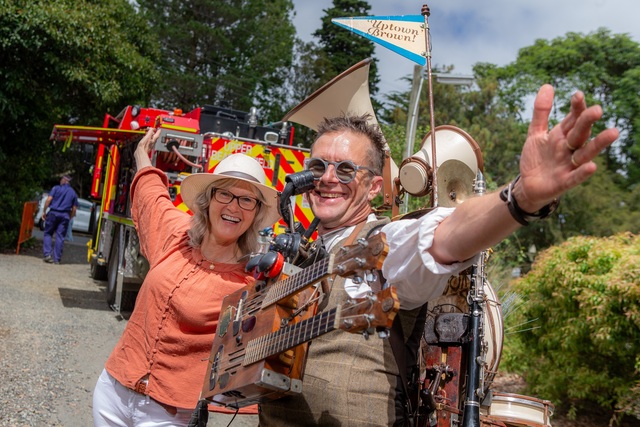The quiet, unassuming town of Nyora is one of the last places you’d expect to find men of all ages turning their lives around.
Just off McDonald’s Track lies the former site of Hillcrest Christian College, where hundreds of men have overcome their addiction issues thanks to the extraordinary work of Remar Australia.
It seems fitting that the former Christian college would become a Christian rehab centre, where the facilities were brought back to life to change the lives of those often battling their darkest moments.
Remar, a worldwide organisation originally starting in Europe, was brought to Australia by Luis Brito and his family during the 2000s.
After setting up their initial rehab centre in Kinglake, it was tragically destroyed during the 2009 Black Saturday bushfires.
But fortunately, someone heard their plight through the media and was able to assist them in finding their new location at Nyora.
Many locals are now likely familiar with their op shop off Michael Street just behind Bunnings near Lakeside Pakenham, as well as their church off Bald Hill Road.
But their main work is the rehab centre.
Addiction is no stranger to many of us in the modern world, where alcohol is mass-produced and any kind of drug is widely available. And the results continue to be devastating.
But at Remar, they’re changing that devastation to hope one life at a time through Christian values.
Many of its former participants are now key leaders or giving back in some way to the organisation whether at the op shop or Sunday church services.
The Gazette was kindly given a tour of the Nyora site to see firsthand how the operation works.
The centre never rests; daily life follows a set structure to help participants get back into a rhythm of routine and prepare them for returning to work or study.
The site, sprawled over acres, still features the kids’ playground (bit small now for the rehab participants!) as well as a commercial kitchen, cabins, carpentry shed, livestock and even the original chapel.
Participants spend 12 months undertaking the program where they must learn to live alongside almost 20 other members.
Their duties range from day to day.
Some are responsible for cooking meals, others gardening and maintenance or taking care of livestock as well as various carpentry jobs.
They even constructed an impressive pizza oven, which is put to good use.
Livestock and agriculture also feature prominently with pigs, geese, chickens, sheep and even two llamas (llamas make great livestock guards.)
Nicolas is the eldest of the Brito family and dedicates his life to serving at the centre and other aspects of Remar.
He assists new participants with important documents and onboarding, usually spending most of his time at the centre.
He explains that structured routine is highly important for the program as it helps develop discipline.
“Before they come to us they need to detox. We don’t detox here,“ he said.
“Usually it’s to deal with their withdrawal so it’s not too difficult coming here.“
Remar is completely self-reliant on funding their operations, so any donations are most welcome and tax-deductible.
“We cover everything we need to do for our operations and we also send a tithe back to Spain to help with Remar’s other programs around the world,“ Nicolas said.
“That’s sort of the idea; if each country is able to stand on their feet, they’re encouraged to give the tithe so Remar can keep running things like schools and orphanages in Africa.“
But unfortunately, food is becoming increasingly expensive and difficult for the organisation to fund, as one of their previous large-scale donors was no longer able to provide.
Any organisations or individuals who can assist with food donations are encouraged to get in contact.
For more information on Remar, visit remaraustralia.org
See also our short film feature at
youtu.be/JaGuurqxCk4

